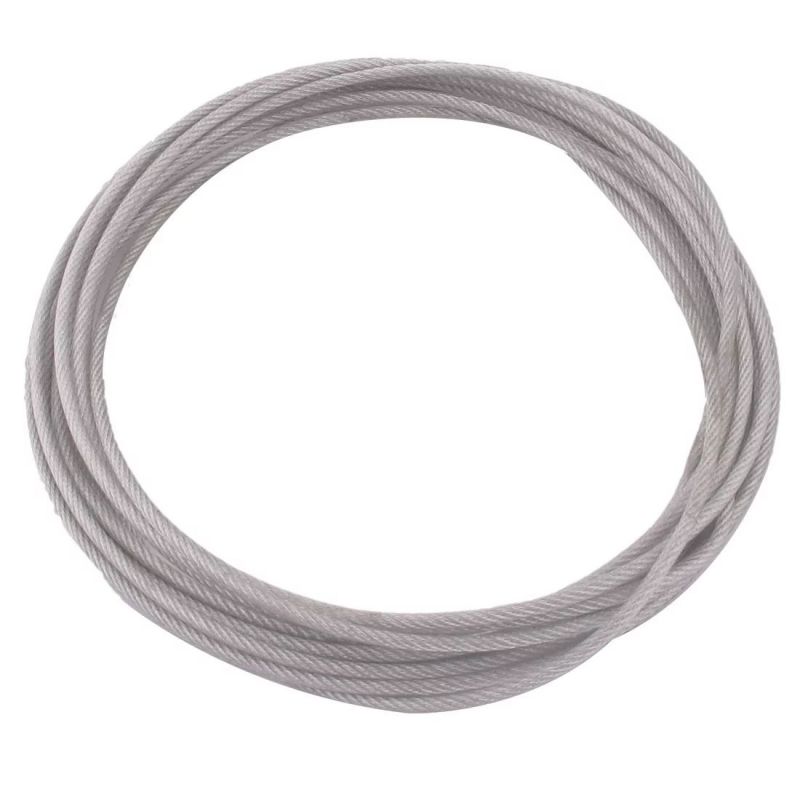
Stainless wire ropes are vital for their strength and corrosion resistance. Blogs offer insights for professionals and DIY enthusiasts on their uses and benefits. Here’s what you can typically expect to find in these blogs:
When it comes to wire rope materials, there are several options available, each with its own set of advantages and disadvantages. One of the most important factors to consider when choosing a wire rope is its tensile strength, which refers to the maximum amount of force that the rope can withstand before breaking. In this article, we will compare the tensile strength of various wire rope materials, including steel, stainless steel, and others, to determine which one possesses the highest tensile strength.
Steel wire ropes are the most commonly used type of wire rope due to their excellent strength-to-weight ratio and affordability. They are typically made from carbon steel, which has a tensile strength ranging from 175 to 250 ksi (thousand pounds per square inch). This makes steel wire ropes suitable for a wide range of applications, from construction and mining to marine and offshore industries.
Stainless steel wire ropes, on the other hand, are made from a corrosion-resistant alloy of steel and chromium. They have a higher tensile strength than carbon steel ropes, with a range of 250 to 350 ksi. This increased strength makes stainless steel ropes ideal for use in harsh environments where corrosion is a concern, such as in the chemical and food processing industries.
Another material that is often used in wire rope construction is galvanized steel. This type of wire rope is coated with a layer of zinc to provide additional corrosion resistance. While the tensile strength of galvanized steel wire ropes is similar to that of carbon steel ropes, the zinc coating can help to prolong the life of the rope in corrosive environments.
In addition to steel and stainless steel, there are also wire ropes made from other materials, such as fiber and synthetic fibers. These ropes are typically used in applications where a lighter weight and greater flexibility are required, such as in the entertainment and recreational industries. The tensile strength of fiber and synthetic fiber ropes is generally lower than that of steel and stainless steel ropes, with a range of 50 to 200 ksi.
Based on the information provided, it is clear that stainless steel wire ropes have the highest tensile strength, with a range of 250 to 350 ksi. This makes them the ideal choice for applications where maximum strength and corrosion resistance are required. However, it is important to note that the choice of wire rope material should also take into account other factors, such as cost, weight, and flexibility, to ensure that the rope is suitable for the specific application in question. By carefully considering these factors, one can select the most appropriate wire rope material to meet their needs.
A: We offer 302, 304, 316 stainless steel in diameters from 0.15mm to 50mm.
We have various cable constructions and finishes (bright, dull). Black/white PVC coating available.
A: Contact our team to discuss your requirements.
Pricing & Shipping:
A: We source high-quality materials competitively.
A: FOB, CFR, CIF, door-to-door. We’ll advise on the most economical option.
A: We offer stock and efficient mill deliveries with minimized lead times. We’ll provide an estimated timeframe upon confirming your order.
Stainless wire ropes are vital for their strength and corrosion resistance. Blogs offer insights for professionals and DIY enthusiasts on their uses and benefits. Here’s what you can typically expect to find in these blogs: